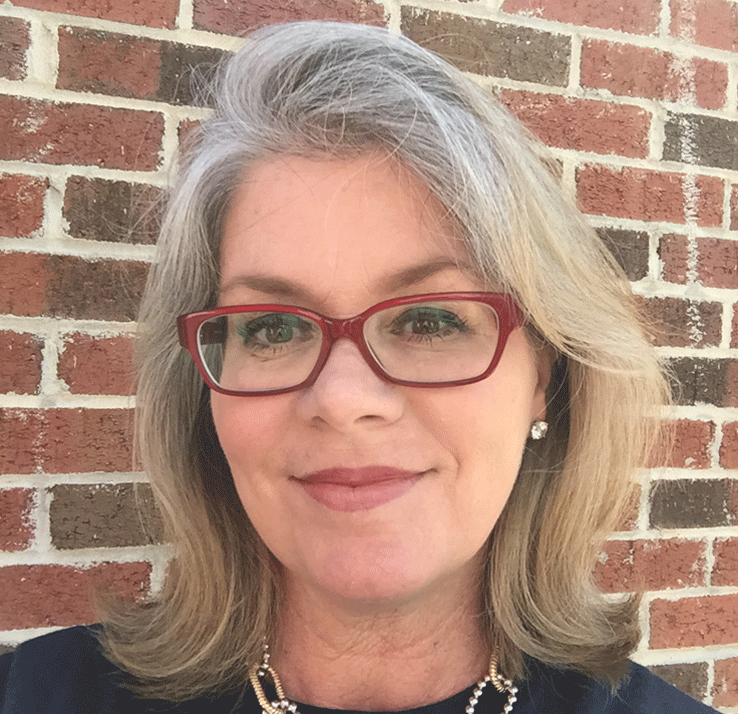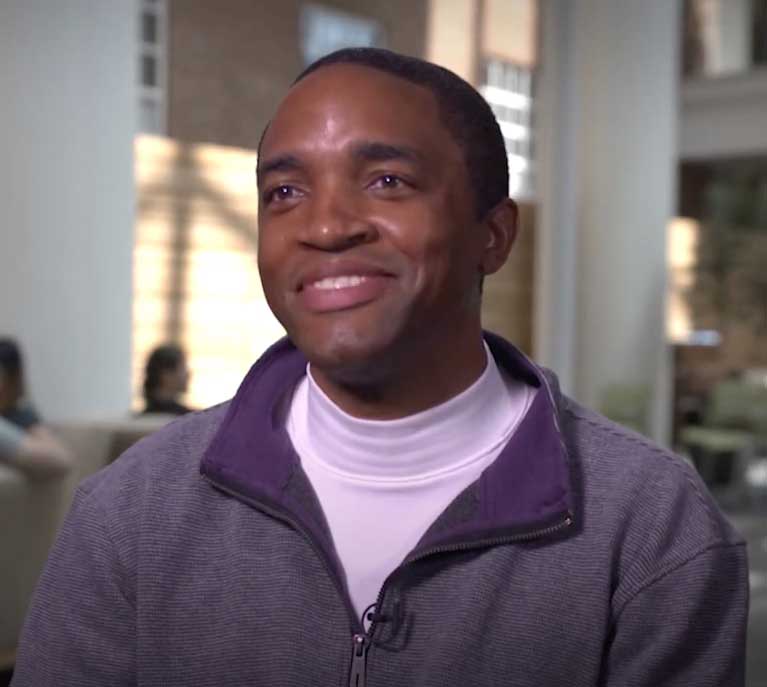Online MPH Leadership in Practice
Drive Large-Scale Change Across Disciplines
The critical work we do in public health can’t be done alone — we need to develop integrated solutions in concert with other professional sectors and the populations we serve.
The Master of Public Health (MPH) Leadership in Practice concentration gives you the strategic and specialized skills you need to work with communities right now. We’ll teach you how to enact large-scale change that spans disciplines, challenges inequities and promotes health for all.

Competencies for an MPH in Leadership in Practice
The online Leadership in Practice concentration prepares you to meet the following Council on Education for Public Health (CEPH) competency requirements:
Integrate public health values and ethics in a philosophy of leadership relevant to public health challenges.
Communicate effectively to promote a compelling public health agenda.
Develop an inclusive strategy to engage with diverse interested and affected parties to lead in public health practice.
Design transformational systems to ensure effective public health practice.
Apply appropriate methodologies to integrate research with practice-based evidence to elevate public health practice in diverse contexts.
Propose structures of accountability to promote good governance of public health initiatives.
MPH Leadership in Practice Curriculum
Full-Time and Part-Time Options | 42 Total Credits
The MPH Leadership in Practice curriculum is designed to help students realize their full potential as informed leaders and effective problem solvers.
- MPH Core Courses (14 credits)
- Leadership-Specific Courses (15 credits)
- Elective Courses (9 credits)
- Pre- and Post-Practicum Courses (1 credit)
- Practicum Work Experience (200 hours)
- Culminating Experience (3 credits)
Once students have completed the MPH Core courses, which focus on foundational public health principles and frameworks, they’ll begin concentration-specific training:
- PUBH 718: Systems and Design Thinking for Public Health Leaders
- PUBH 730: Leading Quality Improvement in Public Health
- PUBH 748: Leadership in Health Policy for Social Justice
- PUBH 781: Community Engagement and Leadership in Health
- PUBH 791: Core Principles in Public Health Leadership
Strategy Meets Expertise: How We Shape Leaders
Guided by faculty from diverse areas of public health, our leadership training model focuses on two complementary skill sets:
Specialized, in-depth public health skills in areas like global health, biostatistics, applied epidemiology, health policy research, health equity, nutrition sciences, health behavior, environmental sciences, and maternal and child health.
Strategic, broad-based leadership skills in areas like conflict resolution, change management, data analytics, problem solving, diversity and inclusion, policy and advocacy, systems thinking, and community engagement.
Our goal is to equip you with a systems-level perspective of the public health landscape. Throughout the curriculum, and in fieldwork and research, we’ll show you how to break down complex public health problems and how to address their root causes, rather than only their symptoms.
This concentration is also available on-campus. For more information on our residential offering, please visit the Leadership in Practice homepage.
Career Paths for Leadership in Practice Graduates
MPH Leadership in Practice graduates apply their knowledge in community-based and clinical settings, as well as at every level of governmental and non-governmental organizations. Our alumni work in a wide variety of public health disciplines, including global health, maternal and child health, epidemiology and health policy.
Some Leadership in Practice graduates are stepping into their first public health roles upon graduation, while others assume senior management or executive-level positions. Depending on their level of experience, their duties include supervising complex research or projects, facilitating interorganizational collaboration or partnering with multidisciplinary teams to tackle significant public health challenges.

The versatile nature of our graduates’ skills makes them a natural fit for a wide variety of careers, including professions that are expected to grow over the coming years. From 2022–2032, employment of health care occupations is expected to grow significantly, including for medical and health services managers (28%), social and community service managers (9%), health educators (7%) and community health workers (14%).1
Example Job Titles
- Senior policy advisor
- Marketing and community specialist
- Medical student/resident physician
- Training and technical assistance specialist
- Program officer
- Senior evaluation associate
- Local health department director
- Administrative fellow
- Project/program manager
- Executive director
Example Employers
- Government agencies
- Nonprofit organizations
- Local health departments
- Colleges and universities
- Hospitals and health care systems
- Research and development firms
- International health agencies
- Nongovernmental organizations
See the Big Picture. Make a Big Difference.
Advancing health for all isn’t optional — it’s the fight of our lives. Request information to learn more about the work we’re doing in the classroom and on the front lines of public health.
1 Healthcare Occupations (2024) Bureau of Labor Statistics. Accessed July 12, 2024.arrow_upwardReturn to footnote reference


